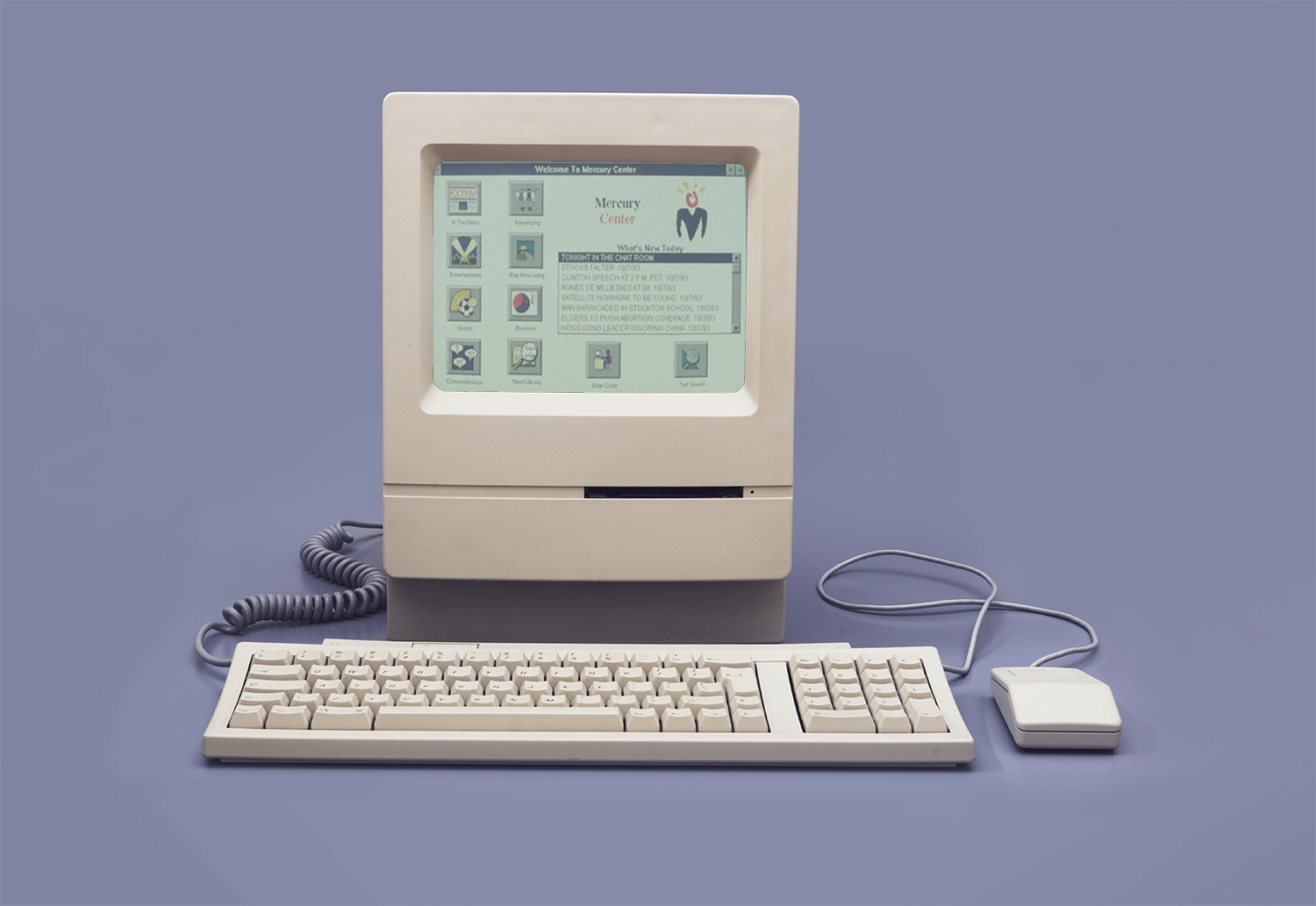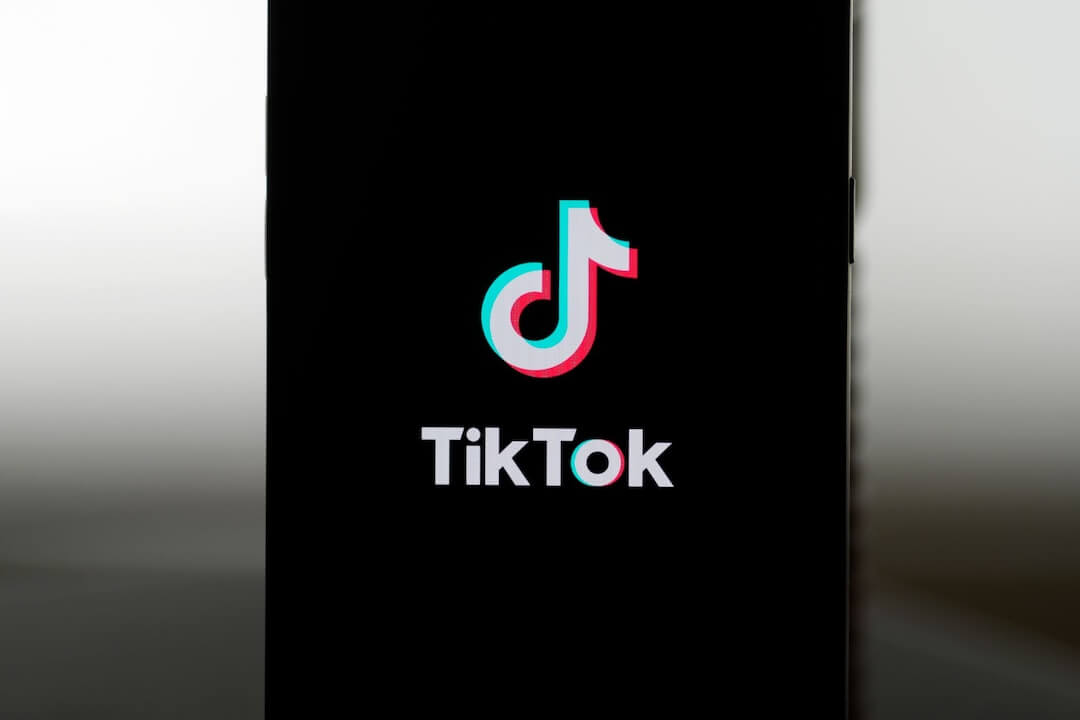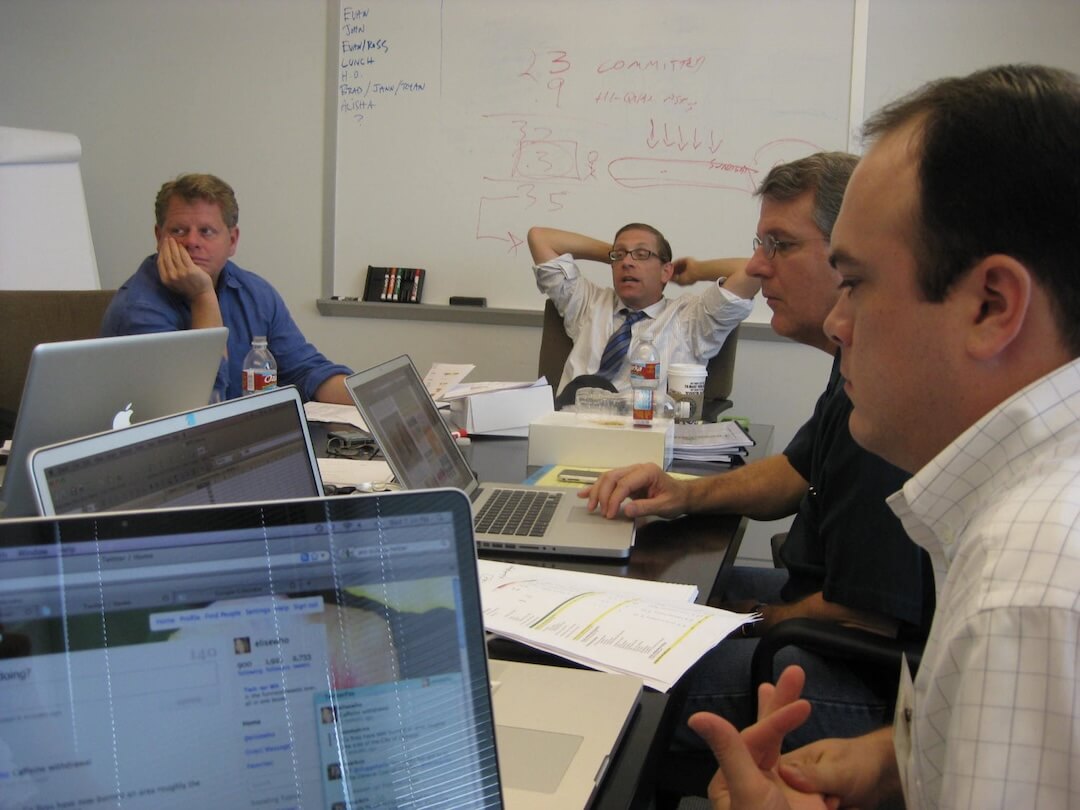While trust in mainstream media is low around much of the world, trust in the new wave of fact-checking organizations that have emerged in recent years is relatively strong. This level of confidence is, however, nowhere near as high as fact-checkers want it to be. This is why the International Fact-Checking Network (IFCN) carried out a six-month review of our code of principles for fact-checkers completed earlier this year.
Our code — launched in September 2016 to help the public distinguish between non-partisan fact-checkers and the sort of initiatives launched by politicians and their allies worldwide — is followed today by 82 fact-checking organizations operating in 48 countries.
Code signatories range from big beasts of traditional media such as Le Monde’s Les Decodeurs, in France and the Washington Post in the U.S, to global newswires AFP, AP and Reuters, non-profit organizations and start-ups such as Rappler in the Philippines. As the list of signatories has grown, so has the diversity of news and political environments in which they work. Some operate in what are effectively one-party states and others in multi-party systems. (Few enjoy the relative simplicity of working in a two-party state). For some, official information is easy to get and generally judged reliable. For many more, the reverse is true.
To ensure the changes in the code are applicable in different parts of the world, we reached out to fact-checkers worldwide over six months, and in December they ratified dozens of detailed changes. This new code came into effect in April, so what does it involve?
First, the new code includes new rules on who can be a signatory. It bans state-controlled media, demands signatories are focused primarily on public interest issues and requires a longer testing period.
Second, given that in most countries it’s rare for every political party to generate the same number of checkable claims, signatories must prove they select what to check based primarily on the reach and importance of the claims themselves, not falling prey to false balance. At the same time, they must explain how their choices adhere to the principle of non-partisanship. We then work with external, independent assessors to review the evidence from the applicants.
Third, we have introduced standards for sourcing and methodology that range from the quality of sources to rigor in how claims are tested. These standards ensure greater fairness and accuracy.
Fourth, parent media companies that want a fact-checking unit to be a signatory must follow an honest and open corrections policy themselves. This ensures that the parent company works in concert with the signatory in disseminating accurate information.
Fifth, we are working with the independent assessors to introduce a randomized sampling of the fact-checks produced and have almost tripled to 31 the number of criteria that applicants are judged on.
Lastly, we want the fact-checkers’ audiences to be more involved in checking the fact-checkers’ work too and are encouraging signatories to publish a summary of their IFCN assessment in their own language.
The IFCN code has been a remarkable success since it was introduced, one of the few media quality standards recognized worldwide. It has guided fact-checkers in making hundreds of improvements to how we operate. More scrutiny, however, is needed.
Do these changes mean it will be impossible for a bad actor to slip through the net or that we can guarantee there will not be problems with how organizations operate? Of course not. We hope the changes assure the public around the world that IFCN signatories are rigorously tested and working to build greater trustworthiness.
Baybars Orsek is the director of the International Fact-Checking Network at Poynter Institute.
Peter Cunliffe-Jones is a senior advisor to the International Fact-Checking Network and a visiting researcher at Westminster University.









Strengthening enforcement of the Code of Principles sounds wonderful. But the International Fact-Checking Network needs to step up its transparency if it wants to move the needle on public trust.
Tripling or quadrupling the sampling of fact checks might make a difference if the outside assessors use objective criteria to judge the fact-checking. Most likely outside assessors will do that task based on subjective criteria, if 2019 serves as any kind of indicator.
The IFCN still owes the public an explanation for allowing the dismissal of complaints, apparently basing that dismissal on the false belief that Kenneth Thorpe’s estimate of costs for the Medicare For All proposal was an estimate of total costs and not added costs (problems detailed at the Zebra Fact Check website).
Keeping this comment perpetually in moderation will, of course, do nothing to improve transparency.